he University of Manchester showcases an acceptance rate of approximately 56.1%, indicating a moderately selective approach to admissions. This figure has remained relatively stable over recent years, with slight increases noted since 2021. Factors contributing to this trend include the university's rising popularity among international applicants, particularly from countries like China and India, and favourable visa policies such as the Graduate Route Visa. Domestic applications are influenced by economic conditions affecting student funding decisions. Additionally, choices in student accommodation play a significant role, with university halls offering convenience for first-years while private rentals attract older students seeking affordability and community life.
The overall acceptance rate at the University of Manchester stands at approximately 56.1% based on the latest data from 2024. This figure indicates a moderately selective admission process, where just over half of all applicants receive an offer. Understanding this acceptance rate is essential for prospective students as it provides insight into the level of competition they may face.
Historically, the acceptance rate has remained fairly stable, with minor fluctuations over the past few years. For instance, in 2021, the acceptance rate was 56%, slightly increasing to 56.1% in 2023. This consistency suggests that while the university is popular among applicants, it also maintains a commitment to selecting candidates who meet its academic standards.
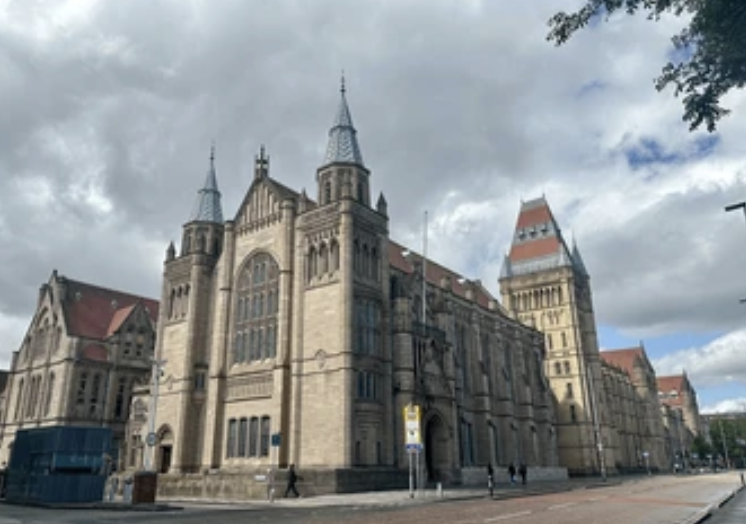
The University of Manchester has seen a steady acceptance rate over the past few years, hovering around 56%. In 2021, the university received nearly 80,000 applications, making around 44,800 offers, resulting in a 56% acceptance rate. This trend continued in 2022 with slightly more applications and offers, maintaining the same acceptance rate. By 2023, the rate edged up to 56.1%, reflecting a consistent approach to admissions amid changing applicant demographics.
Several factors are influencing these rates. The university's growing appeal to international students, particularly from countries like China, India, and Nigeria, contributes to the increased number of applications. The introduction of the Graduate Route Visa has made studying in the UK more attractive, resulting in a rise in applications from overseas. Meanwhile, changes like Brexit have affected EU student applications, leading to mixed impacts on overall figures.
Domestic student applications are also influenced by economic factors, such as rising interest rates on loans, which can deter some applicants. However, the University of Manchester's reputation for quality education and strong employment outcomes keeps it a preferred choice for many. This historical perspective highlights the university's balanced approach to admissions, making it accessible yet competitive.
|
Year |
Applications Received |
Offers Made |
Acceptance Rate |
|---|---|---|---|
|
2021 |
79,925 |
44,800 |
56% |
|
2022 |
82,135 |
46,000 |
56% |
|
2023 |
84,210 |
47,250 |
56.1% |
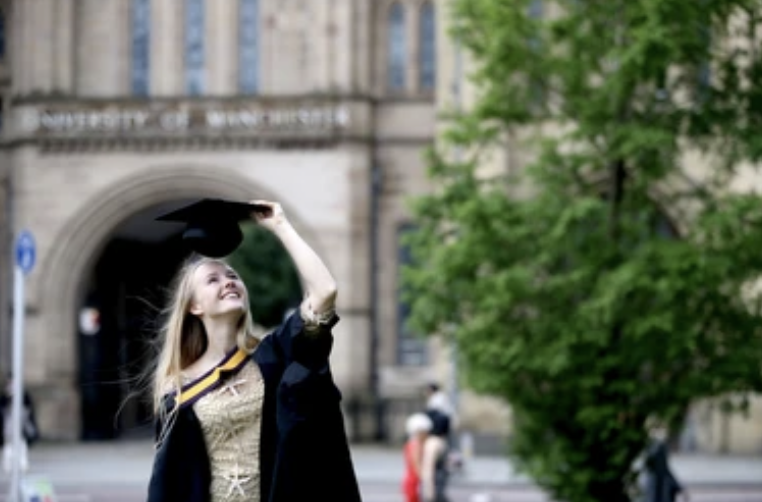
The University of Manchester has seen a notable increase in international student applications over the past few years. Students from countries like China, India, and Nigeria are particularly drawn to its diverse offerings and vibrant city life. This trend can largely be attributed to the university's strong academic reputation and the multicultural environment it fosters, making it an attractive choice for those looking to study abroad. Furthermore, the introduction of policies like the Graduate Route Visa has made it easier for international students to transition into the UK workforce after graduation, further enhancing the appeal of the university. However, the landscape has shifted somewhat due to Brexit, which has led to a decline in applications from EU students. On the domestic front, factors such as rising student loan interest rates are influencing the choices of UK students, yet the University of Manchester remains a popular option due to its strong employment outcomes and comprehensive support services.
Government visa policies play a crucial role in shaping the acceptance rate at the University of Manchester. One significant factor is the introduction of the Graduate Route Visa, which allows international students to remain in the UK for two years after graduation to work or seek employment. This policy has made studying in the UK more attractive, particularly for students from countries like China and India, who are increasingly applying to UK universities, including Manchester. The assurance of post-study work opportunities boosts the university's appeal, leading to a steady rise in applications.
Conversely, Brexit has created challenges, particularly concerning EU students. The perception of barriers to entry and uncertainties around visa requirements may have deterred some potential applicants from EU countries. This shift has implications for the overall application landscape, potentially affecting the university's acceptance rate as it adapts to changing demographics.
Overall, government policies directly influence not only the volume of applications but also the diversity of the student body, making it a pivotal factor in understanding the acceptance rate for 2025.
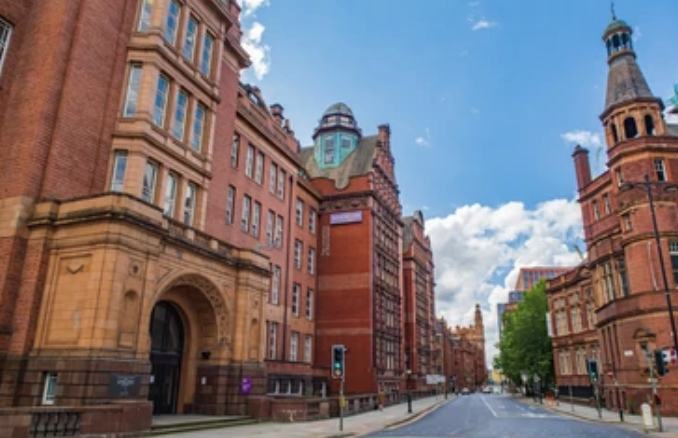
Domestic application trends at the University of Manchester have seen notable shifts in recent years. One significant factor is the economic landscape, where rising interest rates on student loans have made financing education more challenging for many prospective students. This has led some to reconsider their choices, weighing the costs against potential future earnings. Despite these pressures, the University of Manchester continues to attract a substantial number of domestic applicants, largely due to its strong reputation and track record for graduate employment. Additionally, the university's diverse course offerings and supportive campus environment appeal to students seeking both academic excellence and a vibrant social life.
Another trend impacting domestic applications is the changing perceptions around university education. With the growing emphasis on vocational pathways and apprenticeship schemes, some students are exploring alternatives to traditional university routes. However, the allure of a degree from a prestigious institution like Manchester still holds significant value. The university's commitment to providing quality education and resources remains a primary attraction, ensuring it remains a top choice for many.
Moreover, as prospective students increasingly seek information online, the university's digital outreach and engagement strategies have become crucial. Utilising social media and virtual open days allows the institution to connect with potential applicants, offering insights into campus life and academic offerings. This proactive approach helps the university maintain its appeal in a competitive landscape, especially among those considering their next steps in education.
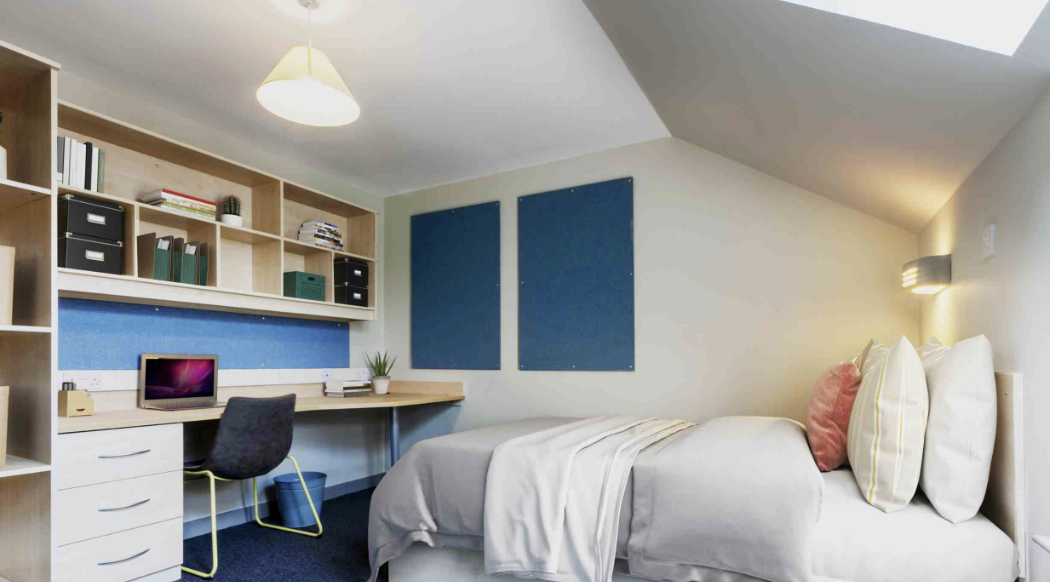
Student accommodation plays a pivotal role in shaping the admissions landscape at the University of Manchester. For many prospective students, the type and quality of accommodation can significantly impact their decision to apply. The university offers a mix of on-campus halls and private rentals, each catering to different needs and preferences. First-year students often favour university-owned halls, drawn by the convenience of living close to their classes and the opportunity to forge new friendships in a vibrant community. In contrast, as students progress to their second and third years, many opt for private rentals, seeking more affordable options or a different living experience that aligns with their lifestyle.
The cost of accommodation is also a crucial factor. University-owned halls typically range from £140 to £200 per week, while private rentals are generally more budget-friendly, averaging between £120 and £160. This variation in pricing can influence the choice of applicants, particularly those who are keen on managing their finances effectively while studying. The availability of quality housing close to campus can make the university more attractive, especially to international students who might not be familiar with the area. Therefore, understanding the accommodation landscape is essential for prospective students, as it reflects both the university's commitment to student welfare and the overall student experience.
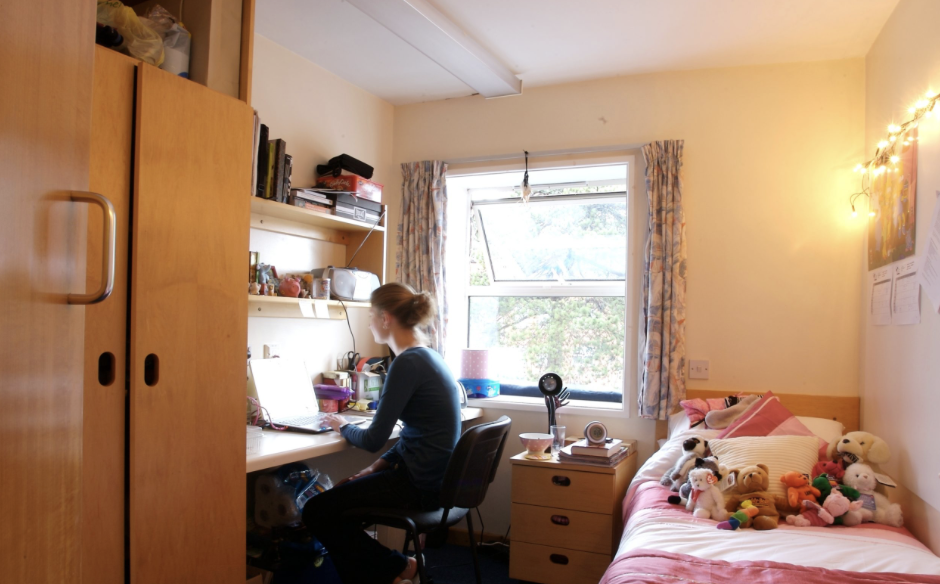
The University of Manchester offers a variety of accommodation options to cater to the diverse needs of its students. For first-year students, on-campus halls are a popular choice, providing easy access to university facilities and a vibrant social atmosphere. These halls often come fully furnished and include amenities like Wi-Fi and common areas, making them ideal for those new to university life. In 2024, the average cost for university-owned halls ranges from £140 to £200 per week, which is competitive given their location and services.
As students progress to their second and third years, many opt for private rentals. These accommodations tend to be more affordable, with weekly prices averaging between £120 and £160. Private rentals also offer the chance to live in shared houses or flats, fostering a sense of community while allowing for more independence. Students often appreciate the flexibility of choosing their own housemates, which contributes to a more personalised living experience.
There are also luxury studio options available for those who prefer a more exclusive living arrangement. These studios typically start at £200 per week and provide a higher level of privacy and comfort.
Overall, the choice of accommodation can significantly impact a student's university experience, influencing their social interactions and academic success.
University halls of residence
Shared flats and houses
Private student accommodation
Homestay options with local families
Self-catering apartments
Studio flats
Ensuite rooms
Off-campus lodgings near the university
The University of Manchester offers a range of support services tailored specifically for prospective students, ensuring they feel informed and confident throughout the application process. One of the key services is personalised guidance from academic advisors, who are available to help applicants understand entry requirements and recommend relevant courses based on their interests and career aspirations.
Additionally, the university hosts open days and virtual tours, providing a glimpse into campus life and academic facilities. These events allow potential students to engage directly with faculty members and current students, offering insights that can be invaluable in making an informed choice.
For international students, there are dedicated support teams that assist with visa applications and help ease the transition to life in the UK. Understanding cultural differences and navigating a new environment can be daunting, but the university’s resources aim to create a welcoming atmosphere. Furthermore, the Degree Gap Tutoring Agency stands out as a noteworthy option for those seeking extra academic support. By connecting students with experienced tutors, it helps them enhance their A-level grades, which can significantly improve their chances of gaining admission.

The Degree Gap Tutoring Agency plays a vital role for students looking to apply to the University of Manchester. With the acceptance rate hovering around 56.1%, aspiring students need to stand out in a competitive environment. The agency offers tailored tutoring sessions that focus on achieving top A-level grades, which are crucial for gaining admission. Tutors at Degree Gap are not just educators; they are mentors who have walked the same path and understand the nuances of the application process. For instance, a student aiming for a highly regarded programme might require a specific strategy to tackle their A-levels effectively. The support provided can make a significant difference, empowering students to reach their academic potential and secure their place at the university.